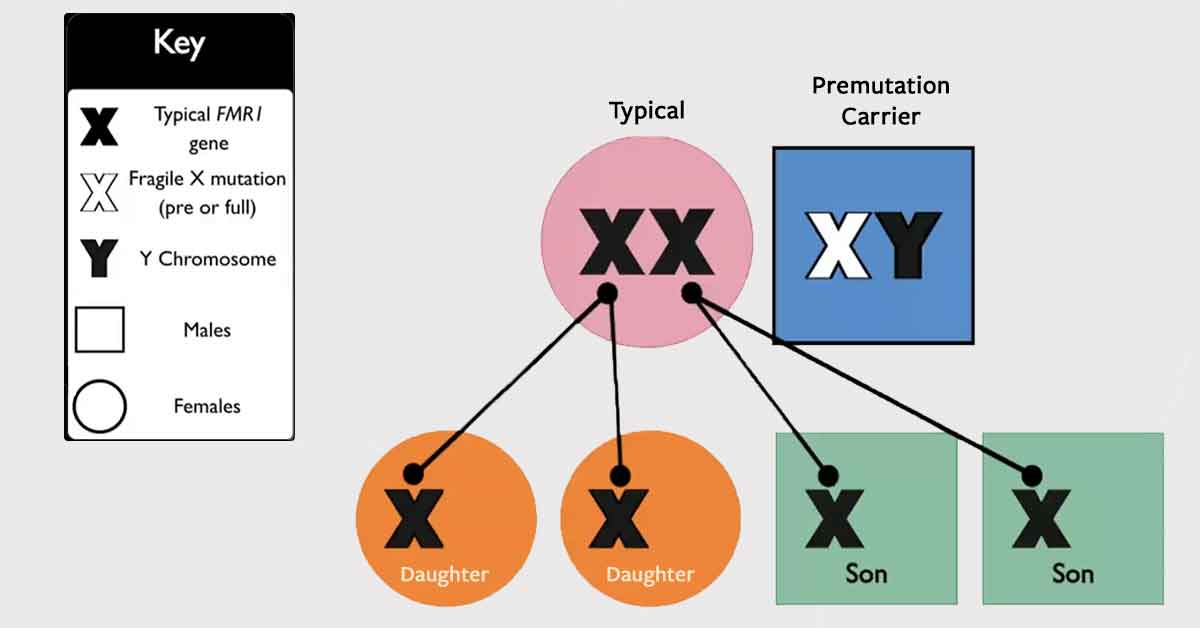About the Presenter

David Hessl
David Hessl, PhD, is a licensed clinical psychologist and the head psychologist at the Fragile X Research and Treatment Center at UC Davis, where FXTAS (Fragile X-associated tremor/ataxia syndrome) was first discovered and reported in 2001. His clinical interests involve cognitive, emotional, and behavioral evaluation of children, adolescents, and adults with neurodevelopmental disorders, especially those with Fragile X syndrome, autism, ADHD, and learning disabilities. He also has expertise in developmental psychopathology, particularly mood and anxiety disorders, in infants and young children.
He directs the Translational Psychophysiology and Assessment Laboratory (T-PAL) at the MIND Institute to investigate the emotional psychophysiology of children with neurodevelopmental disorders, and to develop novel outcome measures for clinical trials. His work currently concentrates on autism, Fragile X syndrome, Down syndrome, and Fragile X premutation carriers, who are at risk for neurodegenerative disease.
He received his PhD in Child Clinical Psychology from the University of Washington in 1997, which included a clinical internship at Stanford University, and received postdoctoral fellowship training at the UC Berkeley Institute of Human Development during 1997-1998.
Dr. Hessl’s career has focused on Fragile X-associated disorders since 1998, having published 114 peer-reviewed journal articles on these topics to date. Dr. Hessl also serves on the National Fragile X Foundation’s Clinical Trials Committee.




